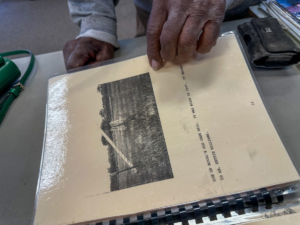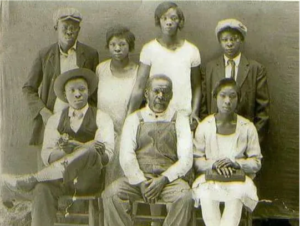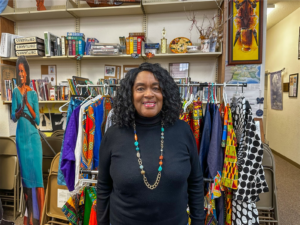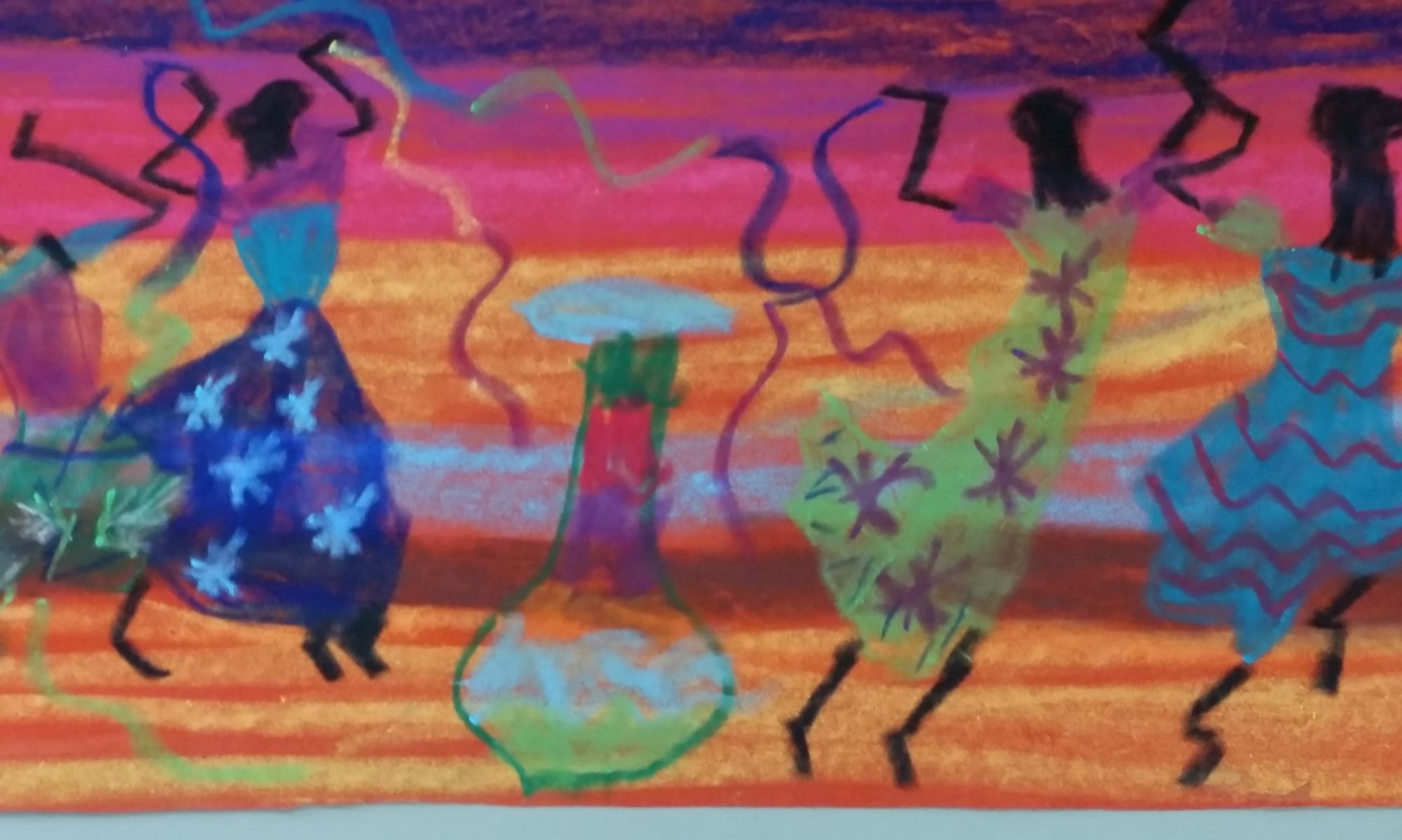
As the community battles attempts of erasure, Capital B spoke to natives of Royal, Florida about the reverence for their hometown. If you ask any native, they all know the history of Royal, Florida, mostly because they are living descendants of it.
As 67-year-old minister Janice Rivers put it: “There was not one corner that you could go to where the individuals didn’t know each other’s names or their history. You could talk to the elders and learn more about your lineage.”
Following the Civil War, freedmen founded the unincorporated community of Royal, formerly known as Picketsville to signify the white picket fences around the 40-acre homesteads. The first Black families owned land in 1870, despite oral history referencing it much earlier. By 1891, the community established its first post office. By then, it became Royal.
The area is known for its prominence in agriculture, which helped bolster Sumter County as “one of the leading vegetable producing counties in the U.S.” before the Great Depression. Today, remnants of the industry are still visible: acres of farmland, an old tobacco barn, and vegetable crops. Descendants of those families who inherited the land after the Civil War still live in Royal today.
But, Royal as locals know it today is undergoing change as developers aggressively work to construct new homes, build industrial use projects, and force Black landowners to sell their land. As residents battle the attempts of erasure and gentrification, they’re working to get their home national recognition on the National Register of Historic Places.
Capital B spoke to natives who still live on the land they inherited — and those who moved away — about their love, fond memories, and reverence for Royal. Here’s what they had to say.

Community activist Maitland Keiler, 90, reminisced about the days when Black men traveled by wagons or the Ford T-Model cars (if you could afford one) to go fishing while the women and children had picnics by the river. He recalled the community’s close-knit nature: the Smith family had facilities to slaughter hogs for crackling and sauces, and to grind sugarcane to make syrup to help feed the entire community.
“The whole community would go up there and help. They would pay the people off in meat … cracklings and sauces,” Keiler said. “Now, that’s no more.”
In the early 1950s, he moved around to Leesburg and Apopka, where he picked oranges. A few years later, he helped bring the first health clinic — Project Health Inc., now Langley Medical Services — to Sumter County in 1974, but never received credit or recognition for it. In 2008, he received an award on the Congressional Record from the House of Representatives for his service.
“Everybody got pictures on the clinic wall except me. I had never been honored down there and now they got five more under that clinic,” Keiler told Capital B. “Hundreds and hundreds, if not thousands of people get service because I sent the director down here and told him we needed something like that over in Sumter County.”
Two years later, he moved back to Royal on the land his family acquired years ago. He continued his volunteer work through the Community of Royal Inc., where he serves as the oldest member on the board. He helped to launch a community garden to feed the community, but it ended due to lack of participation.
“I’m too old now,” Keiler joked.
He’s still active in the community — speaking out against injustice, attending local meetings, and sharing the history of Royal with visitors and tourists.
“Royal is one of the most outstanding communities there are,” he told Capital B. “We had a guy do some research here, and he said Royal is the only place that still has the 40 acres. Some of it has been chopped up in 3, 4, 5, 10 acres, but it’s still there. It is a very, very interesting community.”

James Wideman, 47, thought back to hanging tobacco in the barn and picking peas. The old tobacco barn still sits on his family’s estate. At her grandmother’s dinner table on Thanksgiving, Suncara Johnson, 43, would hear many stories about her great-great-great-grandfather Jim Patterson, who has a road dedicated in his honor and acquired land in the 1860s. Deidra Russell, 37, shared the many times when her aunt Catherine retold the history of Royal every year at the Ebenezer A.M.E Church’s anniversary. Because of this, Russell “grew up knowing we are descendants from freedom from the Old Green plantation on the Withlacoochee River.” Wideman, Johnson, and Russell are all descendants of Patterson.
“Royal is like the family tree that is on family T-shirts. While it’s a small community, the roots run deep and the branches are just so vast,” Russell said. “We all still live in the state of Florida, but there are so many people who can trace their roots back to Royal. We’re all over the country. … It’s a dynamic community.”
Despite distance, it’s this deep love and appreciation that serves as motivation for natives — near and far — to help preserve the greatest asset of this community: land. While it keeps families together, it doesn’t keep developers away.
When Janice Rivers describes her upbringing in Royal, she mentions church, community gatherings, and appreciation for the rich history. It didn’t matter if it was a barbecue after Sunday service or evening walk to service, the elders made sure everyone knew the history.

Minister and Royal native Janice Rivers stands in the local historical center in February. (Aallyah Wright/Capital B)
After graduating from high school in 1970, Rivers left Royal and moved to Orlando. About 18 years later, she began preaching. Similar to the others that left, she comes back occasionally. Even though she’s not physically there, she continues to preach the gospel about Royal. She recites a poem she wrote titled “Rise Up Royal,” which calls on residents to fight back against those hoping to destroy the history and culture. In a state that bans Black history, Rivers says it is even more paramount for Royal’s history to be documented nationally.
“Royal needs to have its place in history. It needs to keep its place in history,” she said. “We want to be that spot where someone can come and see some of the things that cause this community to stick together — to hang in there to fight — with that bravery. That ability to not fear, but to fight for what we want,” Rivers said.
“This is bringing the community of Royal together because it’s something people want, and they want it from their heart. They’re willing to make the sacrifices necessary to get those involved to try to keep a historical masterpiece.”

